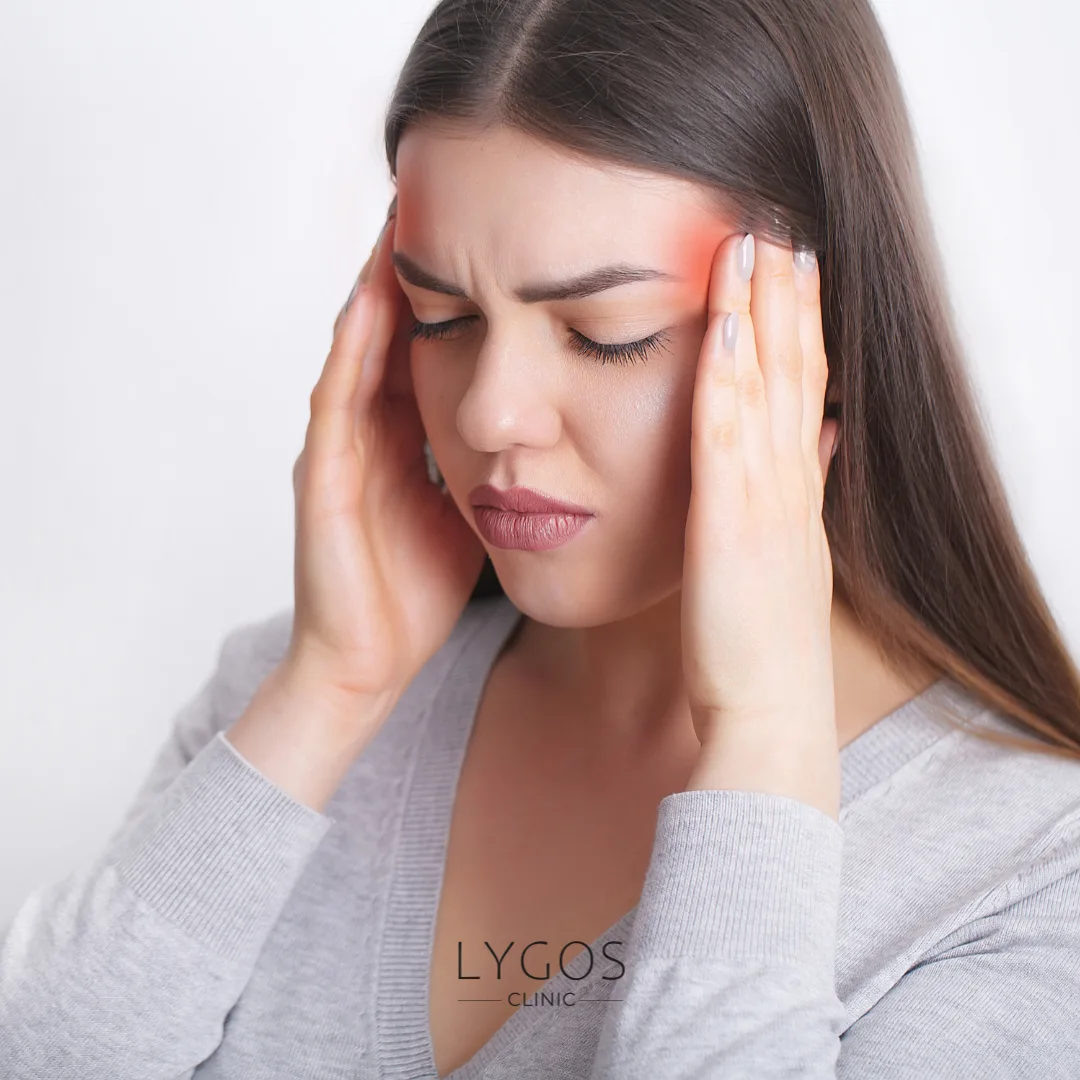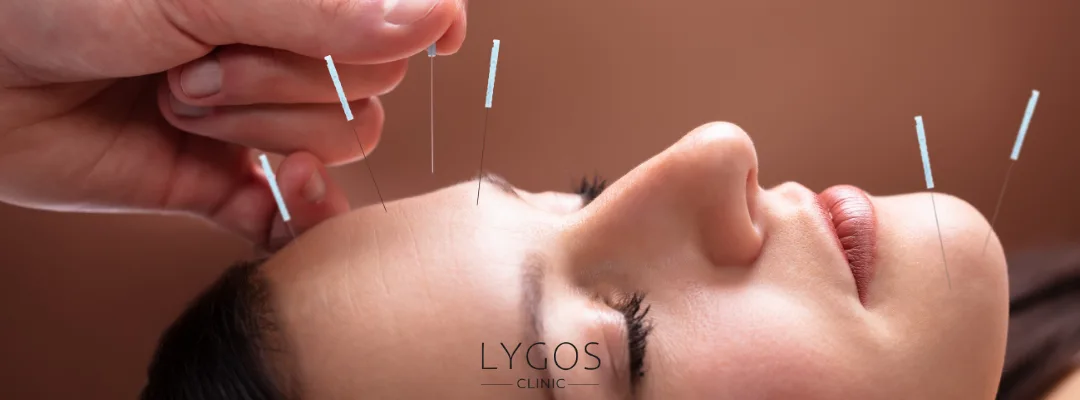Chronic Headache | Causes, Types, and Solutions

Chose Your Topic
Chronic Headache
Headaches are a common health issue that almost everyone experiences at some point in their life. However, for some individuals, a headache is far more than a temporary discomfort—it can become a chronic problem that seriously affects quality of life. In this article, we answer the most frequently asked questions about what chronic headache is, why it occurs, what types there are, and how it can be treated.

What Is a Chronic Headache? What Are the Symptoms?
A chronic headache is defined as a headache that occurs on at least 15 days per month and lasts for more than three months. The intensity can vary—some days it may be mild, while on others it can be severe.
Common symptoms of chronic headaches include:
- Frequent or daily headaches
- Nausea or occasional vomiting
- Increased sensitivity to light and sound
- Tightness in the neck and shoulder area
- Difficulty concentrating and mood fluctuations
Symptoms can vary from person to person and may differ based on the type of headache.
What Causes Chronic Headaches?
Many different factors—physical, environmental, or psychological—can lead to chronic headaches.
Common triggers include:
- Stress and anxiety: Daily life pressures can contribute significantly to headaches.
- Sleep disturbances: Poor quality or insufficient sleep increases the risk.
- Excessive caffeine or alcohol consumption: Consuming too much caffeine or alcohol can negatively affect your health.
- Overuse of pain relievers: Frequent use of pain medications may paradoxically worsen headaches.
- Hormonal imbalances: Menstruation, menopause, or birth control pills can influence headaches, especially in women.
- Diet: Skipping meals or consuming certain foods (e.g., chocolate, processed meats, foods with MSG) may trigger headaches.
Types of Chronic Headaches
Chronic headaches are classified based on their underlying cause and clinical features. The most common types include:
- Chronic Migraine: Headaches that occur at least 15 days per month, with migraine-like symptoms on at least 8 of those days. Typically one-sided, throbbing, and accompanied by light/sound sensitivity.
- Chronic Tension-Type Headache: Feels like pressure or tightness around the head and neck. Usually bilateral and of mild to moderate intensity.
- New Daily Persistent Headache (NDPH): Begins suddenly and continues without remission. The start date is often remembered clearly.
- Hemicrania Continua: A continuous, one-sided headache usually felt around the eye, often accompanied by nasal congestion, watery eyes, and other autonomic symptoms.

How Is Chronic Headache Treated?
Treatment for chronic headaches depends on the underlying cause and headache type. Approaches are often individualized, but generally include:
- 1. Lifestyle Adjustments
- Maintaining regular sleep routines
- Stress management techniques (e.g., meditation, breathing exercises, yoga)
- Establishing a weekly exercise routine
- Limiting alcohol and caffeine intake
- 2. Medical Treatments
- Preventive medications: Used to reduce headache frequency. These include antidepressants, anti-seizure medications, and some blood pressure medications.
- Pain relievers: Effective for short-term use but can trigger medication-overuse headaches if used excessively.
- 3. Alternative and Supportive Therapies
- Acupuncture
- Physical therapy
- Biofeedback therapy
- Natural supplements (with professional guidance)
- 4. Psychological Support
Cognitive behavioral therapy and other forms of psychotherapy can be highly effective, especially when stress is a major trigger.
Key Differences Between Chronic Migraine and Tension-Type Headaches
Chronic migraines usually cause one-sided, throbbing pain that is moderate to severe and often worsens with physical activity. They are commonly accompanied by nausea and sensitivity to light or sound. In contrast, tension-type headaches generally produce a mild to moderate, pressure-like or tight sensation, often on both sides of the head. Physical activity usually does not worsen tension-type headaches, and they typically lack the additional symptoms seen in migraines. Understanding these differences is essential for accurate diagnosis and effective treatment.

How Do Chronic Headaches Affect Quality of Life?
Chronic headaches impact not only physical health but also emotional and social well-being. Constant pain can significantly reduce quality of life.
Possible effects include:
- Reduced job performance: Difficulty concentrating and decreased productivity
- Social withdrawal: Avoidance of social activities due to pain
- Mental health challenges: Chronic pain can lead to depression, anxiety, and irritability
- Poor sleep quality: Nighttime awakenings can worsen overall health
- Strained relationships: Mood swings and irritability can impact family dynamics
Because of these effects, treating chronic headaches requires a holistic approach.
Chronic headaches are complex health issues that can severely affect daily life. However, with proper diagnosis and treatment, they can often be managed effectively. If you are experiencing persistent or recurring headaches, it is crucial to consult a medical specialist.
Chronic Headace Frequently Asked Questions (FAQ)
Depending on the cause, appropriate treatment can significantly reduce or control the condition.
You should consult a neurologist.
Yes. Frequent use can cause “medication-overuse headaches.”



